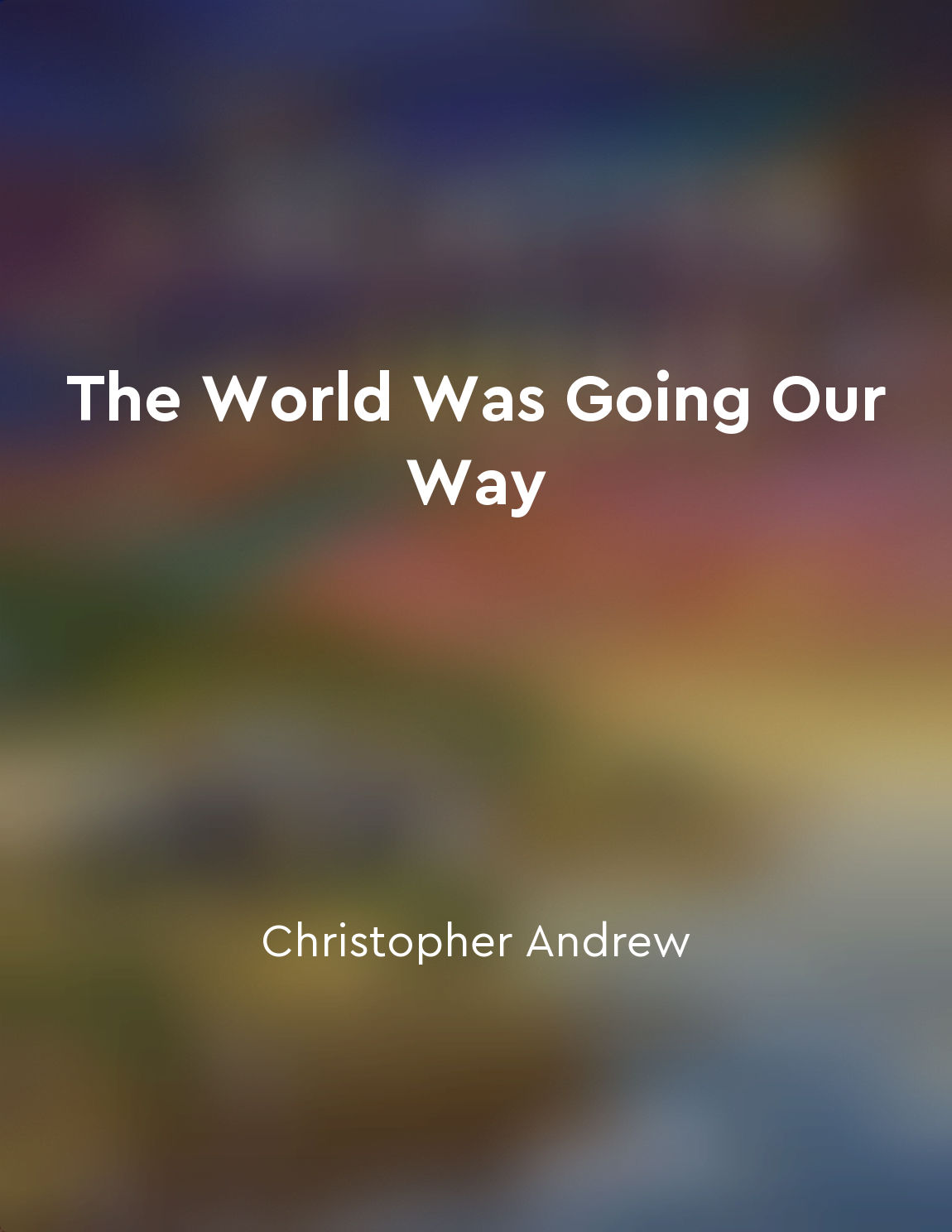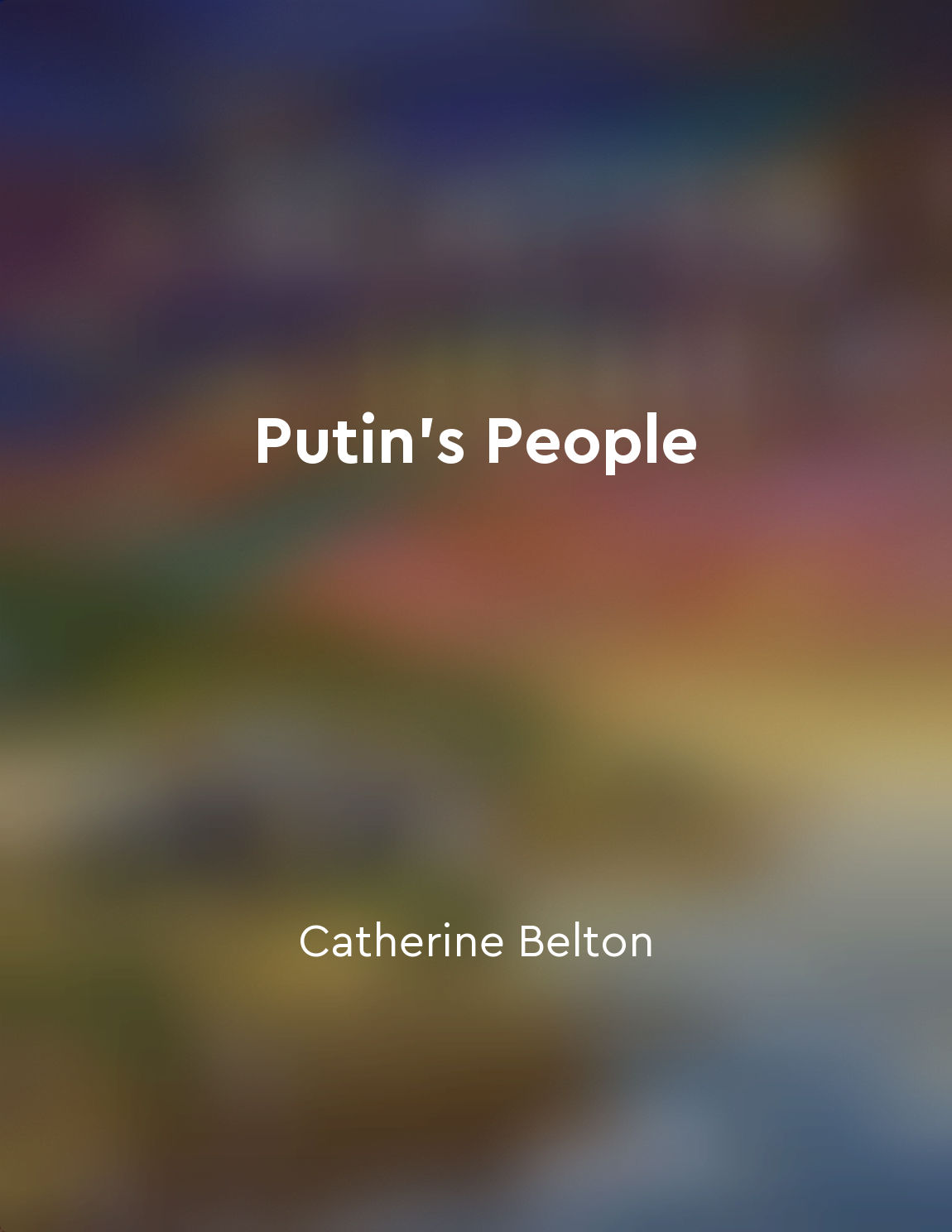Understanding Russia's history is essential to understanding its present from "summary" of A People's Tragedy by Orlando Figes
To understand Russia's present, one must delve into its history. The country's past is deeply intertwined with its current state, shaping its politics, society, and economy. Without a grasp of Russia's complex history, one cannot fully comprehend the challenges it faces today. This is a nation defined by its tumultuous past, marked by revolutions, wars, and social upheavals that continue to reverberate in the present day. The events of the past have left a lasting impact on Russia's political landscape. The legacy of authoritarian rule, from the tsars to the Soviet regime, continues to shape the country's governance. Understanding Russia's history of autocracy and repression is crucial to making sense of its current political climate. The echoes of past revolutions, such as the February and October Revolutions of 1917, can still be heard in the struggles for power and influence that define Russian politics today. Socially, Russia's history has left deep scars that persist to this day. The brutal collectivization and purges of the Stalin era have had a profound impact on the psyche of the Russian people. The trauma of World War II, known as the Great Patriotic War in Russia, continues to shape national identity and memory. Without an understanding of these historical traumas, one cannot fully grasp the social dynamics at play in modern Russia. Economically, Russia's history of state control and central planning continues to influence its economic policies. The transition from communism to capitalism in the 1990s was marked by chaos and corruption, leaving a legacy of economic inequality and oligarchic power. The struggles of the Russian people to adapt to a market economy are rooted in this turbulent period of transition, underscoring the importance of historical context in understanding Russia's economic challenges.- Russia's past is not a distant memory but a living force that continues to shape its present. To truly understand this enigmatic country, one must look to its history, with all its complexities and contradictions. Only then can one begin to unravel the mysteries of Russia's present reality.
Similar Posts
Proxy wars in Korea and Vietnam prolonged conflict
The United States and the Soviet Union avoided direct conflict during the Cold War, but they did engage in proxy wars in Korea ...

importance of understanding history for future security threats
Understanding history is crucial for anticipating and preparing for future security threats. By examining past events and patte...
Prague Spring
The Prague Spring was a brief moment of hope in Czechoslovakia in the late 1960s, when the Communist Party leadership attempted...

Putin's People exposes the web of corruption and intrigue at the heart of Putin's regime
The intricate network of corruption and deceit that lies at the core of Putin's rule is laid bare in vivid detail within the pa...
Surveillance
The concept of surveillance in Eastern Europe was all-encompassing. It was not just a tool used by the secret police to catch c...

